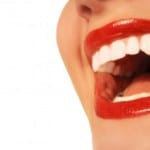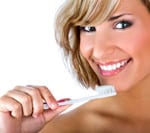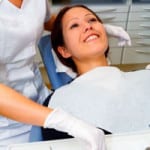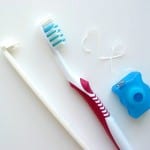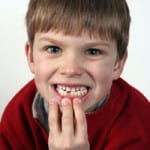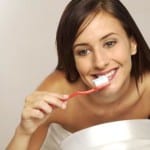It’s well documented that dentists love the saying, ‘prevention is better than cure.’ It’s always better to prevent dental disease if possible. Th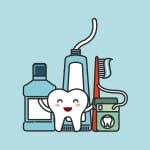 is saves you from unpleasant symptoms like swelling and tooth pain, keeps your smile looking good and reduces dental bills. The good news is that most dental diseases are preventable, and good oral hygiene will stand you in good stead for trouble-free teeth. Here are some simple hygiene tips that could make all the difference to your teeth and gums.
is saves you from unpleasant symptoms like swelling and tooth pain, keeps your smile looking good and reduces dental bills. The good news is that most dental diseases are preventable, and good oral hygiene will stand you in good stead for trouble-free teeth. Here are some simple hygiene tips that could make all the difference to your teeth and gums.
Brushing and flossing
It takes just a few minutes each day, but it could make the difference between losing your teeth and developing sore gums and having a healthy smile for years to come. Brushing is essential for good oral health because it prevents plaque formation. Plaque is a sticky film-like substance, which forms when saliva, food debris, and bacteria combine. Plaque sticks to the enamel, and it can also irritate the gums. When you brush, you dislodge food particles and bacteria. You also polish your teeth to prevent staining and give your smile that extra sparkle.
When you’re brushing at home, take care to do a thorough job, but be gentle. Brushing vigorously can damage the enamel. Use a brush with a small head, and angle the brush, so that you can clean along the gum line. Set a timer to ensure that you brush for 2 minutes each time. We recommend waiting an hour to brush after eating to avoid enamel erosion.
Flossing should never be used to replace brushing; it should be used in addition to cleaning your teeth. When you floss, don’t pull at the tape, as this can harm your gums. Gently guide the floss through the cracks in your teeth.
Seeing your dentist
If you have any questions about oral hygiene, don’t hesitate to get in touch. We are happy to offer tips and answer questions. We also strongly recommend regular check-ups, and annual sessions with the dental hygienist.





